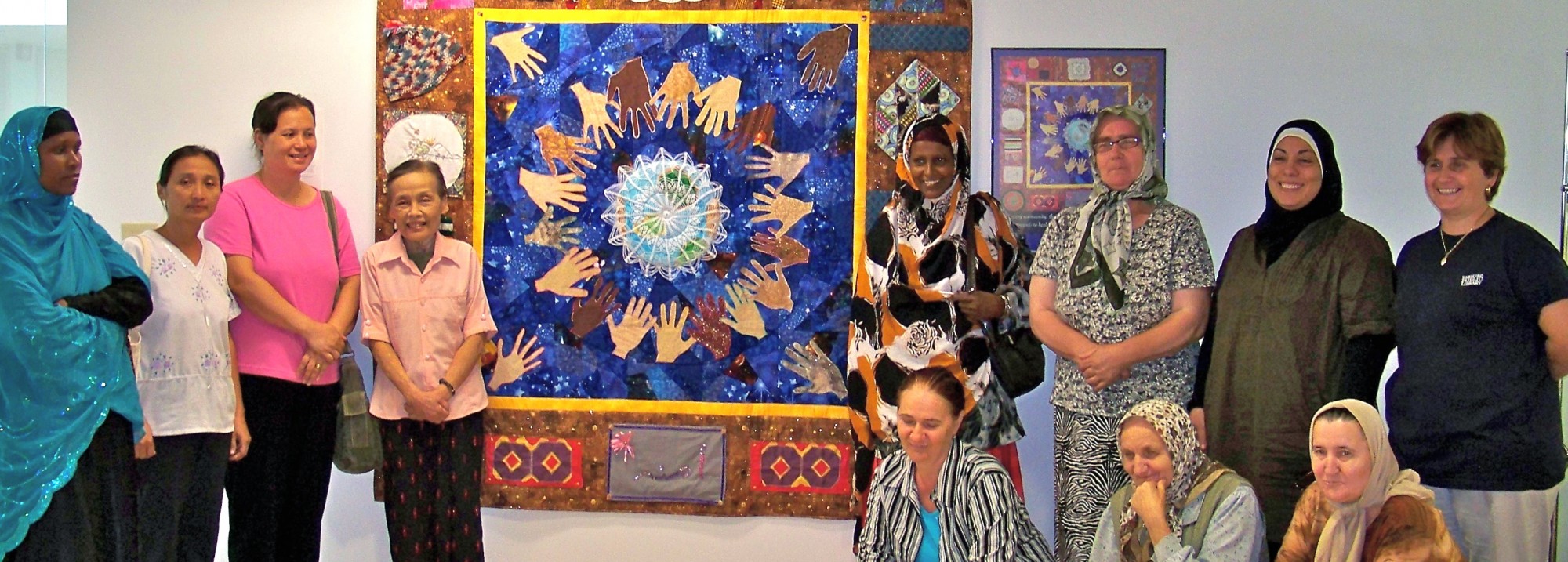As part of the Global Hartford Migration Lab I spent time with Jody Putnam, a “cultural broker” in Hartford who helps refugees in any way they need. This week I went with Jody to visit three Burmese refugee families in Hartford. The first family was a 50-year-old woman named L.M. who had two children. She lived in newly-built subsidized housing with rent determined by your income—a luxury not all refugees are given. This woman was temporarily disabled and therefore could not work and had no income. Jody was paying her a visit because her food stamps had been discontinued and not only did she not have any way of buying food, but she was unsure of how the system worked to renew her food stamps. Jody explained to me that the process of renewing food stamps was not overly complicated, but very time consuming due to budget deficits in the state government. So, Jody considered this visit a relationship-building experience. In this time I got to know L. M. and hear about her recent citizenship ceremony, which she was extremely excited and proud of, about her children, and about her upcoming back surgery.
In the background, Jody waited on hold for over an hour to speak with someone about L. M.’s food stamps. When they finally connected, Jody was able to represent L. M. for the short interview to renew her food stamps—an easy effort yet a victory for L. M. . There were many moments like this throughout the day. The last family we visited needed Jody to look at a letter they received from the hospital about recent x-rays the daughter had gotten. The letter simply said that their insurance would cover all medical expenses. However, the family could not understand the letter and just saw the large sum of money. It only took Jody and me five minutes to clear this up with the family. It was an easy task for us, but a stressful and confusing moment in these refugees’ lives. When I returned back to campus and continued with my day, it was a staggering feeling. When living on Trinity’s campus, right in the center of Hartford, it is difficult to realize that people are living so drastically different than us within our community, just blocks away. And that, although we live in the same communities, the obstacles we face, such as language, economic, and cultural barriers, vary so much. Chloe S.
